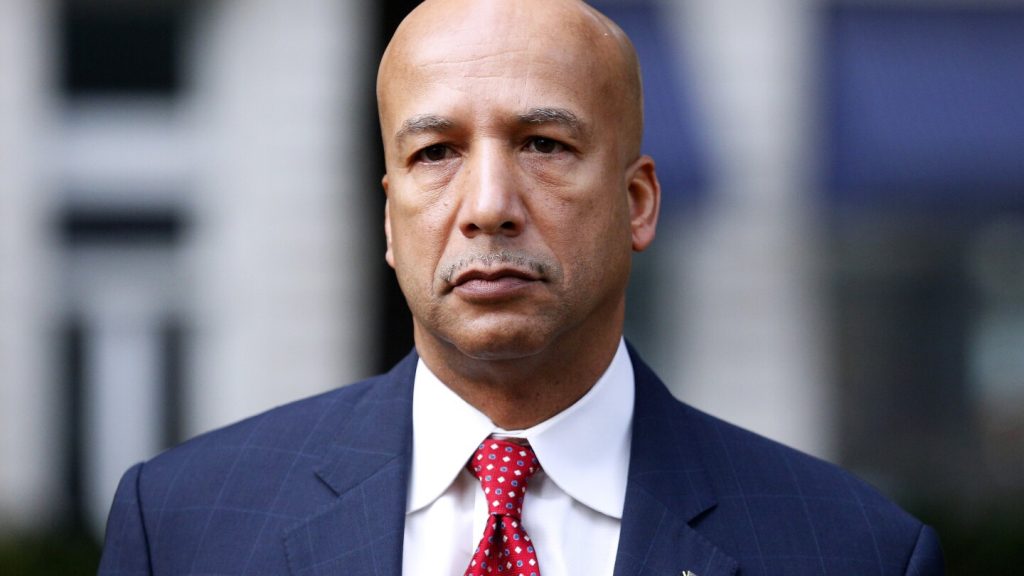Former New Orleans Mayor Ray Nagin, who was convicted of federal bribery, money laundering, and corruption charges in 2014, has recently completed his 10-year sentence. Nagin is now requesting a federal judge to restore his rights to carry a gun and vote. However, prosecutors argue that the judge in New Orleans does not have the authority to restore Nagin’s federal firearms rights, and that it is the state of Texas, where he currently resides, that must decide on his voting privileges. Nagin filed a court motion without an attorney, citing concerns for his safety as a high-profile individual in a violent country.
According to attorney and Tulane Law School professor, Herbert Larson, the judge does not have the power to grant the relief Nagin is seeking. Prosecutors also noted that the ATF has the power to restore federal firearm rights, but Congress has not approved funding for investigating and acting on applications. In terms of voting rights, Nagin must contact Texas election officials to determine his eligibility. Texas allows felons to vote once they have fully completed their sentence, according to the Texas State Law Library.
Nagin was sentenced to 10 years in 2014 for charges including bribery, money laundering, fraud, and tax violations during his two terms as mayor of New Orleans from 2002 to 2010. The crimes occurred both before and after Hurricane Katrina in 2005. He was granted supervised release from prison in 2020 during the COVID-19 pandemic. Nagin’s recent court motion also seeks the return of his surrendered passport before his trial. Prosecutors mentioned that surrendered passports are typically forwarded to the State Department and they wouldn’t oppose its return, although passports expire after 10 years.
The U.S. Attorney’s Office stated that a felon’s eligibility to vote is determined by the laws of the state in which they seek to vote, rather than the federal court that oversaw the conviction. With regards to Nagin’s request for his firearms rights to be restored, there seems to be a lack of funding and mechanism provided by Congress for the ATF to act on such applications. Nagin’s concerns about his safety as a high-profile individual raise questions about the implications of restoring his rights, especially in a country experiencing significant levels of violence.
Overall, Nagin’s completion of his 10-year sentence has prompted him to seek the restoration of his rights to carry a gun and vote. However, the process for reinstating these rights seems to be more complicated than initially anticipated. With conflicting opinions regarding the authority of the federal judge in New Orleans and the involvement of state laws in Texas, Nagin’s case highlights the challenges that convicted felons face when attempting to regain certain rights post-incarceration. As he navigates this legal process, the outcome for Nagin remains uncertain, especially in light of his previous convictions and the nature of the crimes he was convicted for.


